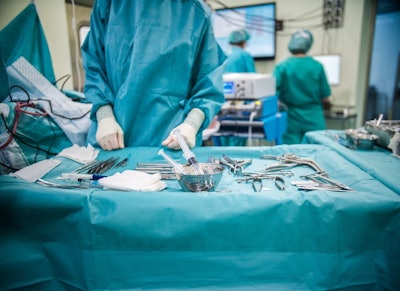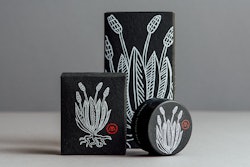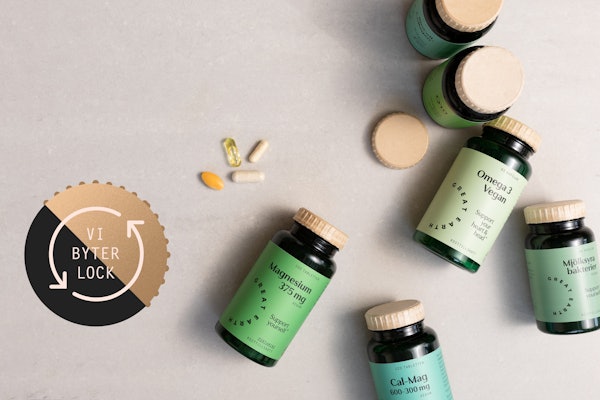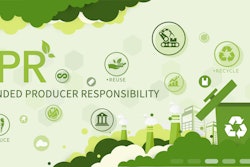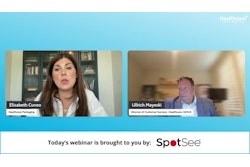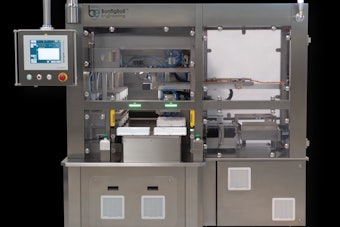The need for environmental regulations should not be downplayed as the healthcare industry cannot ignore its environmental impact. However, it’s important that regulators understand the implications of potential legislation to avoid unintended consequences for patients, workers, and the environment.
[Editor’s Note: This is a follow-up to a recent post, Emerging EU Sustainability Regulations for Packaging. Additionally, answers below have been edited for brevity.]
At the virtual Medical Packaging Conference, Thierry Wagner, global director, regulatory & standards – healthcare at DuPont, and Dr. Isabelle Jenny, sustainability manager at Amcor Flexibles Europe Middle East and Africa, were asked whether EU regulators are open to hearing from the medical packaging community in cases where proposed rules may be moving too fast and could impact patient safety. This topic can be particularly concerning when it comes to requirements for using post-consumer recycled (PCR) content in new packaging.
Wagner: “Yes, I think regulators recognize [this issue]. In the packaging and packaging waste directive (PPWD), there is very clearly a rule which allows regulators to make implementing decisions, so that rules that will apply to other types of packaging wouldn't apply to medical and pharmaceutical packaging, because I think they recognize that the need for patient safety is first.
"And the medical and pharmaceutical industry is only a small percentage of plastic usage, but the requirements and the consequences for patients can be huge. I think they recognize that, but at the same time, we all need to advance, and I think they're right to say that.
"Also, medical packaging can be a great source of recycled content—packages are composed of high-quality polymers. So, we certainly have to contribute to that first, but I believe going forward in terms of integrating recycled content, we have to wait a bit longer for the maturity of these emerging technologies because of the MDR regulation and the U.S. FDA rules for controlling risks. You only can make sure that you are meeting those requirements if you have traceability of these streams and if you have flawless quality control. So eventually it will come—the push is there.”
Jenny: “Post-consumer recycled (PCR) content—which is often what people are looking at coming from mechanical recycling today—is very limited in its use, also in food packaging. You basically cannot get it into food, pharma, or medical packaging currently, but when we look at the future of advanced recycling, as we discussed previously, we see that the PCR content coming from chemical recycling or advanced recycling maybe of use as recycled content for food, pharma, and even medical applications.
"This is one of the future options that we are assessing now when it comes to Amcor. We already use some PCR content in, for example, hygiene product packaging, which is not food compliant. Also, we recently launched one of the first food packages at Amcor which contains 'advanced recycling recycled content' used in a chocolate flow wrap application. So, we’re seeing now that advanced recycling recycled content is starting to be implemented for food packaging. We are also expecting that as a next step, pharmaceutical or medical types of packaging would be assessed for the use of recycled content coming from advanced recycling processes, not from mechanical recycling."
Wagner: “There are good projects out there. We’ve recently done a project where we upgraded our mechanical recycling processes for our internal recycling of pre-consumer waste. Some of the recycled materials go into other applications than healthcare, but we also use recycled Tyvek® for the manufacture of plastic cores to wind the Tyvek sheet material, which is a great reuse of this material adding circularity to that process.”
